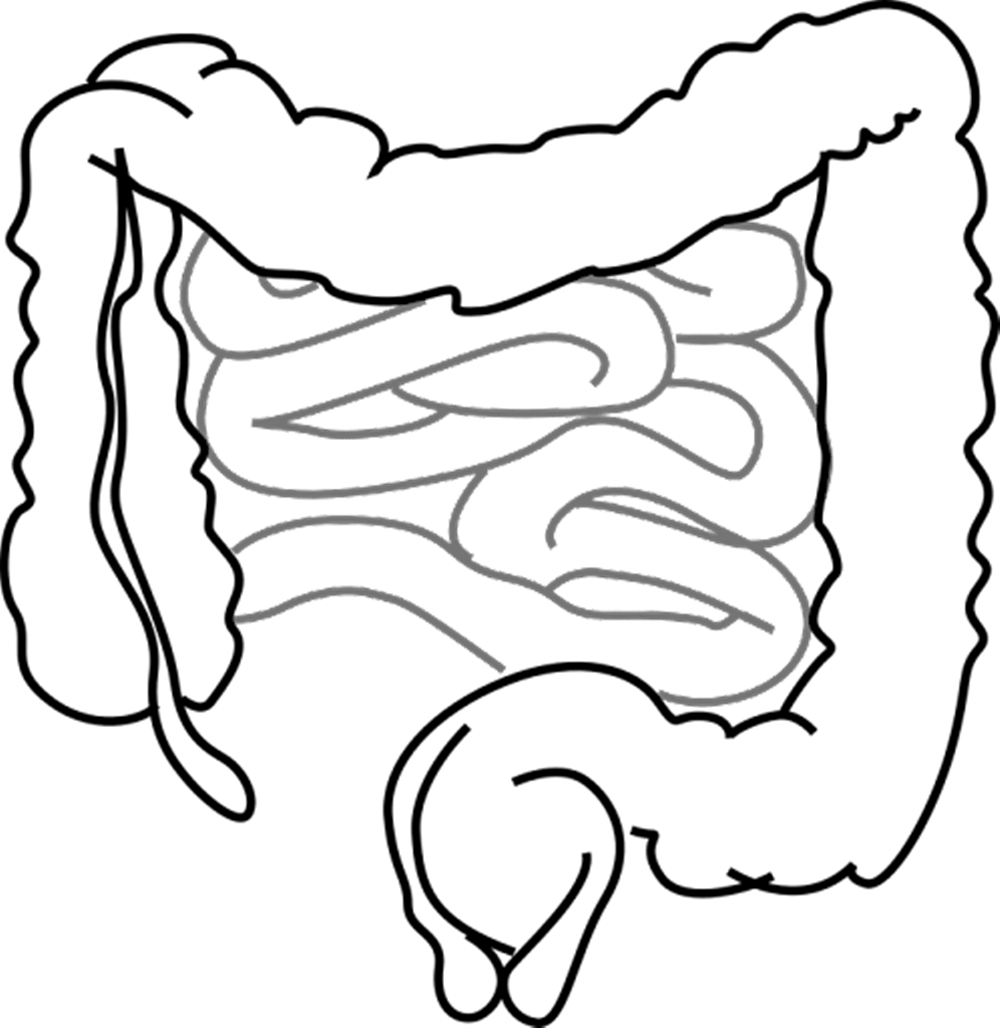
Who amongst us has not had abdominal discomfort or a relative with irritable colon, or a child suffering from colics and thus had to use the drug Visceralgine?
If you want to relieve these pains and colics, you should use this medication!
Join us to learn about Visceralgine, its composition, applications, and everything else you need to know about this beneficial medication.
What is Visceralgine?
It includes 50 mg of tiemonium methylsulfate; an anti-acetylcholine muscarinic receptor antagonist.
Timonium methyl sulfate’s effectiveness is one-fiftieth of that of atropine (1/50).
Therefore it has fewer adverse effects than atropine.
Visceralgine uses
It relaxes smooth muscles, thereby treating pain caused by gastrointestinal cramps, gallbladder, and renal colics.
Visceralgine can therefore be used to treat the following conditions:
- Diarrhea.
- Dysentery.
- Gastroenteritis.
- Irritable bowel syndrome.
- Inflammation of the intestines and colon.
- Gallbladder colics.
- Gallbladder infections.
- Renal colics.
- Urinary bladder irritation.
- Menstrual pain.
Visceralgine for colon
About 6 to 18% of people around the world suffer from irritable bowel syndrome.
Its symptoms and severity vary from person to person.
Some of the most common symptoms include:
- Pain and abdominal cramps due to colon and bowel muscle spasms that calm down after defecation and bowel movement.
- Diarrhea.
- Constipation.
- The presence of gas and flatulence.
- Intolerance to certain foods and colon pain following ingestion.
- Stress, anxiety, sleep disorders, and fatigue.
Visceralgine is therefore used, along with other medications, to relieve colics, abdominal pain and to treat irritable bowel syndrome.
Visceralgine for gall bladder
Patients with acute biliary colics suffer severe abdominal pain as a result of infections or gallstones.
Gallbladder diseases also affect women more than men, especially obese women.
The gallbladder colics occur in the upper right part of the abdomen and may be accompanied by right shoulder pain with nausea and vomiting.
These symptoms often appear after a fatty meal.
It is therefore used to treat gallbladder colics and infections.
Its effect increases when used as intravenous or intramuscular injections to relieve pain rapidly.
It can also be taken as tablets in chronic and non-acute conditions.
Visceralgine for renal colics
Many patients suffer from renal colics, which cause severe pain in the kidneys or ureters.
Renal colics often occur because of stones, kidney or ureteric crystals, and the pain increases as it moves through the ureter.
Patients suffering from kidney stones may also experience blood in urine accompanied by painful urination.
Furthermore, a bacterial infection sometimes occurs in the urinary tract, indicated by a rise in body temperature.
It is, therefore, used to relieve these contractions and reduce renal colics, along with anti-inflammatory drugs and analgesics.
It is also preferable to use it as an intravenous or intramuscular injection for faster pain relief.
Visceralgine and pregnancy
Animal studies have shown that the active ingredient Timonium methylsulfate does not cause any embryonic abnormalities.
Studies have also confirmed that they have not detected any fetal abnormalities in humans in pregnant women.
It can therefore be used by pregnant women only when needed, after consulting a specialist.
Visceralgine for children

It can be used safely to treat the following conditions in children:
- Gastroenteritis.
- Diarrhea.
- Abdominal cramps.
Visceralgine dose
The dose in children differs from that of adults as follows:
Childrens’ dose
The child is given 3 to 6 mg/ kg body weight/ day, divided into three doses half an hour before eating.
Adults’ dose
Tablets: 2 to 6 tablets divided into two or three doses, taken half an hour before eating.
Visceralgine injection: One ampoule when needed by intravenous or intramuscular injection, up to three injections per day.
It can also be used every 8 hours in severe cases.
Visceralgine suppositories: twice to three times per day.
Visceralgine contraindications
It is generally a safe drug, but contraindications include:
- An allergy to the drug.
- Enlarged prostate or severe inflammation of the bladder, since it may lead to urinary retention.
- Glaucoma or eye pain.
Side effects
Side effects can occur in some patients when used, such as:
- Dry mouth, nose, and throat.
- Lack of sweat and skin redness.
- Constipation.
- Headache.
- Blurred vision.
- Difficulty in urination.
Visceralgine overdoses
In the event that children or adults take excessive doses, they experience symptoms similar to an atropine overdose, such as;
- Severe dryness of the mouth and skin.
- Severe facial redness.
- Constipation.
- Accelerated heartbeat.
- Blurred vision.
- Confusion.
You should immediately go to the hospital to receive the necessary first aid for such cases in the intensive care unit.
Visceralgine Price
Its price and pharmaceutical forms vary in Egypt as follows:
Tablets: A pack of 20 tablets at a concentration of 50 mg per tablet for 17.25 pounds.
Syrup: A bottle containing 120 milliliters at a concentration of 10 mg/5 milliliters for 11.25 pounds.
Suppositories: 20 mg per suppository priced at 9 pounds.
Ampoules: A 2 ml ampoule at a concentration of 5 mg/2 milliliters for intravenous or intramuscular use, for 30 pounds.
Finally, Visceralgine is effective in relieving all types of colic pain in women, men, and children, and it is available in a variety of drug formulations such as tablets, injections, and syrup.